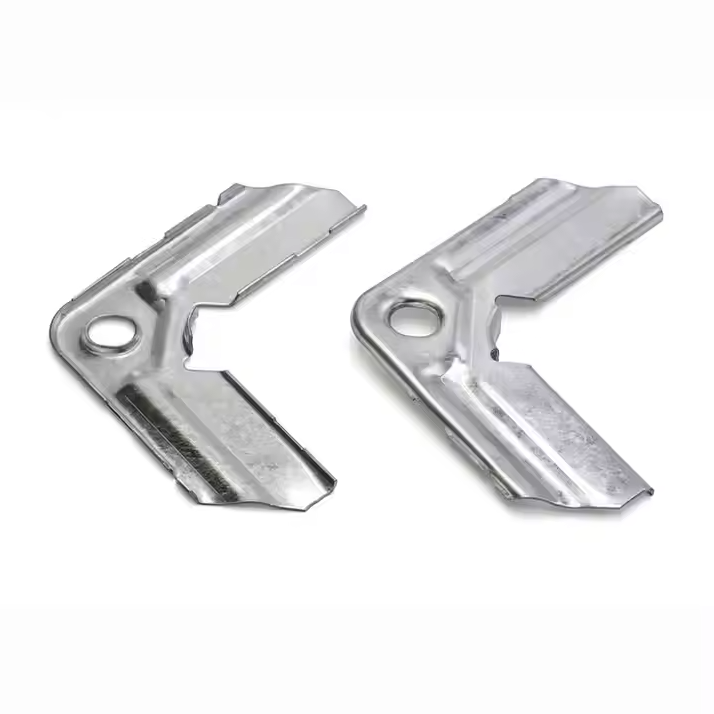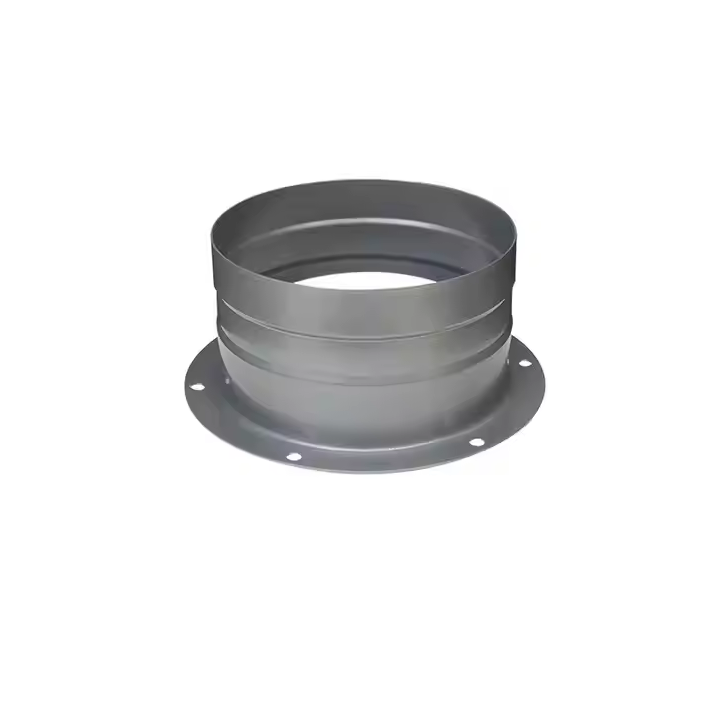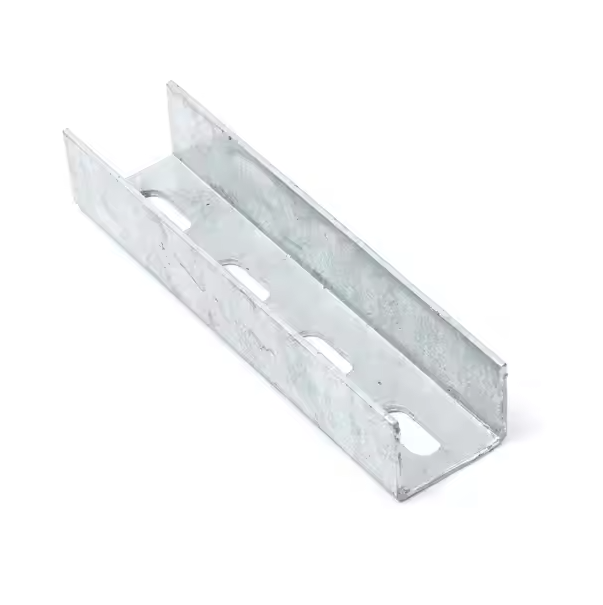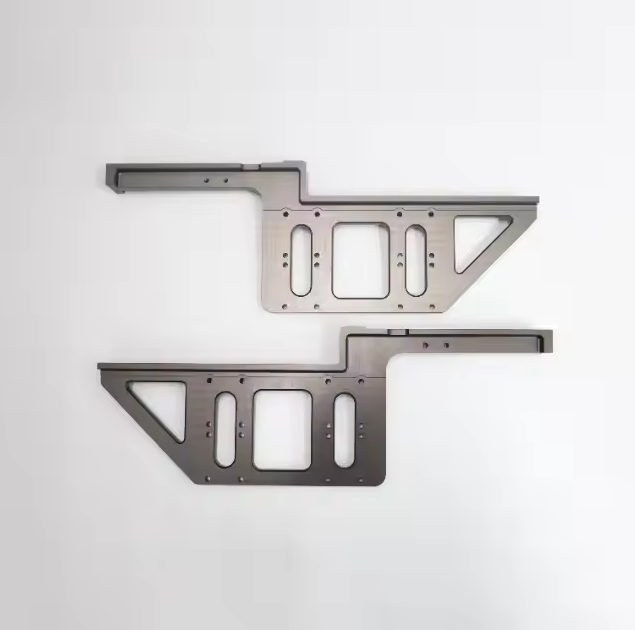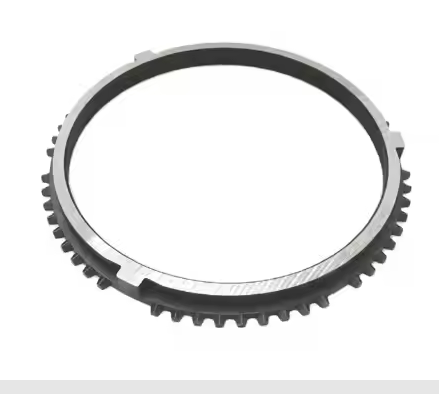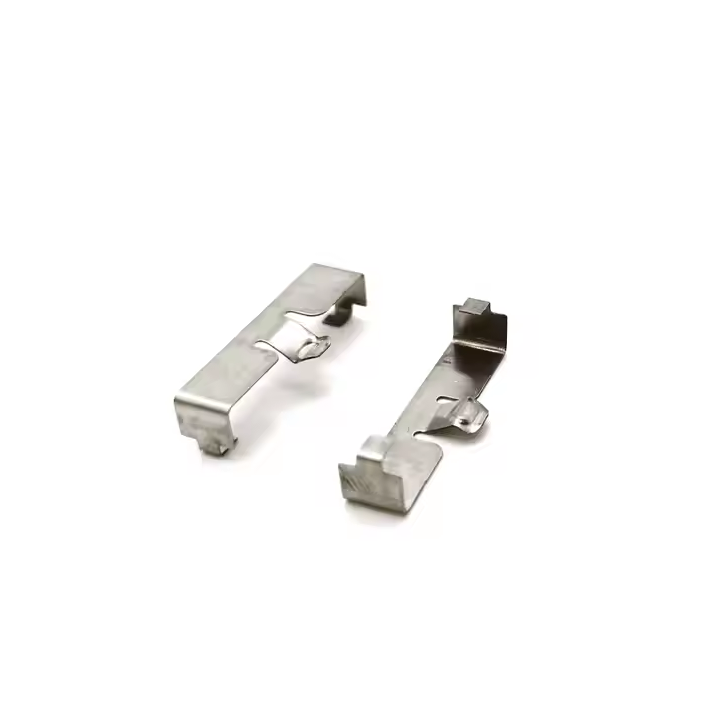With the rapid development of the global automobile industry, lightweight and environmental protection have become important trends in the industry. Plastic materials, due to their excellent properties such as lightness, corrosion resistance and good formability, have gradually occupied an increasingly important position in automobile manufacturing. In modern automobiles, plastics are not only increasingly used in exterior design, but also have great potential in the use of functional components. From interior to exterior, from electronic components to structural parts, the diversity of plastic materials has brought unlimited possibilities to automobile design.
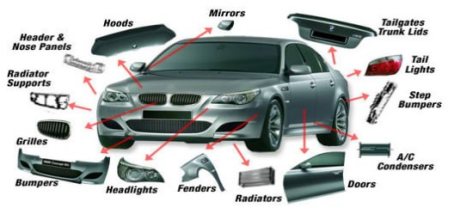
Common plastic materials
Polypropylene (PP)
Features: light weight, chemical resistance, good toughness and impact resistance.
Applications: automotive interior parts, dashboards, bumpers, air scoops, fuel tanks, etc.
Polycarbonate (PC)
Features: excellent transparency, impact resistance and heat resistance.
Applications: headlight covers, dashboards, windows (glass replacement), etc.
Polyamide (PA)
Features: good heat resistance, wear resistance, high strength.
Applications: gears, bearings, connectors, hood fasteners, etc.
Polyvinyl chloride (PVC)
Features: good chemical resistance, low cost, easy processing.
Applications: cable insulation, sealing strips, car interior floors, etc.
Polystyrene (PS, Polystyrene) and its copolymers (such as ABS)
Features: good formability and surface finish, low cost.
Applications: dashboards, door linings, shells, etc.
Thermoplastic elastomer (TPE)
Features: has the elasticity of rubber and the processability of plastics.
Application: sealing strips, gaskets, handles, etc.
Polyester (such as PET)
Features: excellent strength, rigidity and heat resistance, good chemical resistance.
Application: in some specific parts such as headlight reflectors, bottles and other materials.
Advantages of plastics in automobile manufacturing
Lightweighting
Plastic materials are lighter than traditional metal materials, which helps reduce the weight of the vehicle and improve fuel economy and driving range.
Corrosion resistance
Plastics are highly resistant to chemicals and moisture, which can extend the service life of parts.
Design flexibility
Plastics are easy to mold and can produce complex and diverse component shapes, which meets the requirements of modern automobile design.
Acoustic properties
Some plastics have good sound absorption properties, which helps improve the quietness of the car interior.
Cost-effectiveness
Compared with metal materials, plastics are generally lower in cost and more efficient in processing, which helps reduce production costs.
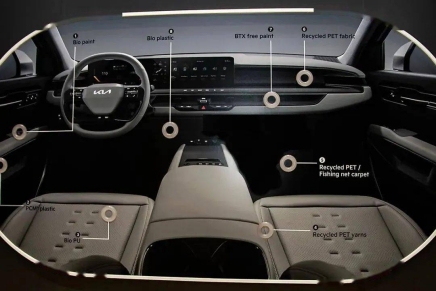
Specific application examples
Exterior parts
Including bumpers, front grilles, door panels, etc., these parts usually use polypropylene or polystyrene materials to improve impact resistance and weather resistance.
Interior parts
Such as dashboards, door linings, seats, canopies, etc. Usually use materials such as polycarbonate and polypropylene to pursue high surface finish and good visual effects.
Functional parts
Including the air scoop around the engine, air filter housing, cooling system components, etc., usually use polyamide materials with high heat resistance.
Electrical parts
Such as connectors, switches, plugs, etc., use polystyrene and its copolymers because of their excellent electrical insulation and processing properties.
Plastic Application Notes
Material Selection
Select appropriate plastic materials according to the performance requirements of different automotive parts to ensure that they meet the requirements of strength, durability, temperature and chemical properties.
Recycling and Environmental Protection
With the advancement of the concept of sustainable development, the automotive industry is gradually moving towards the use of recyclable or bio-based plastics to reduce environmental impact.
Processing Technology
Common plastic processing technologies include injection molding, extrusion, blow molding, etc. Choosing the right process can optimize cost and quality.
Plastic materials have shown their unique advantages and broad application prospects in the manufacture of automotive parts. With the continuous advancement and innovation of technology, the demand for plastics in automobile manufacturing will only increase further in the future. Enterprises need to continue to innovate in material selection, design concepts and production processes to meet the ever-changing market demands and environmental protection requirements.
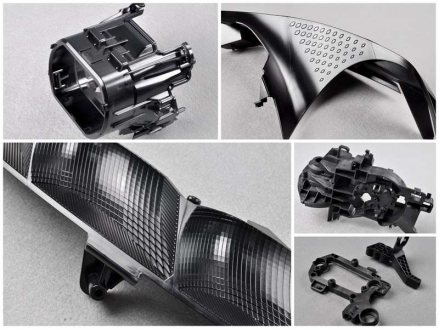
Choosing Xuanmin Factory, you can not only obtain high-quality plastic products for automobile parts manufacturing, but also enjoy a full range of production and service support. We always adhere to the customer-centric concept, and are committed to establishing long-term cooperative relationships with customers to jointly promote the development of the automotive industry. We look forward to your call or email message, let us work together to create a better future!
